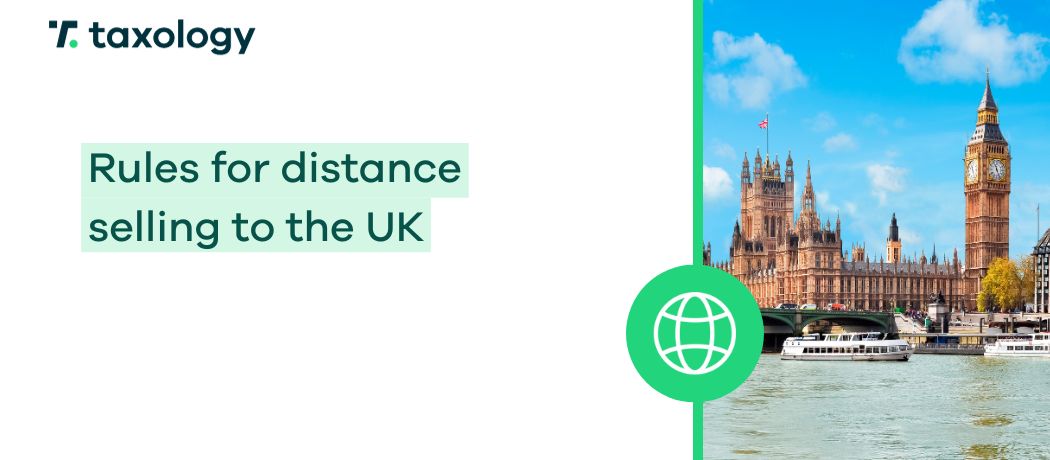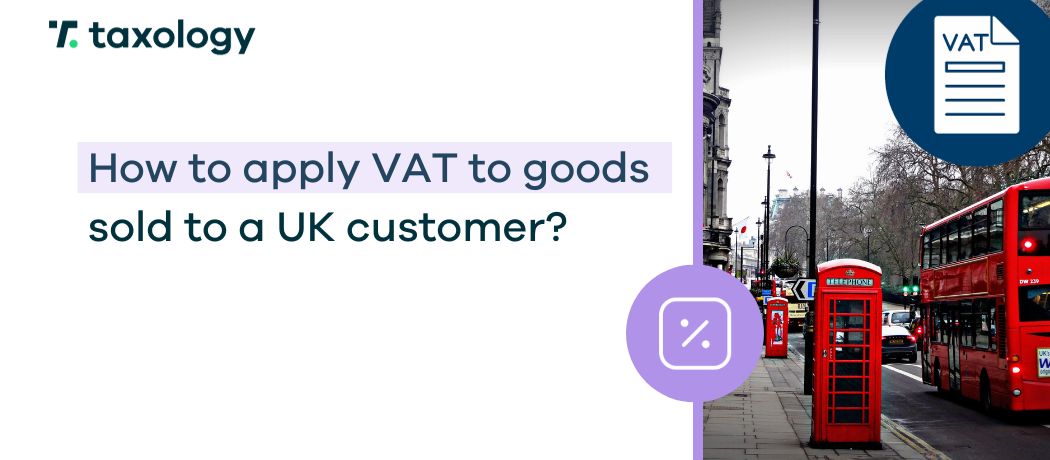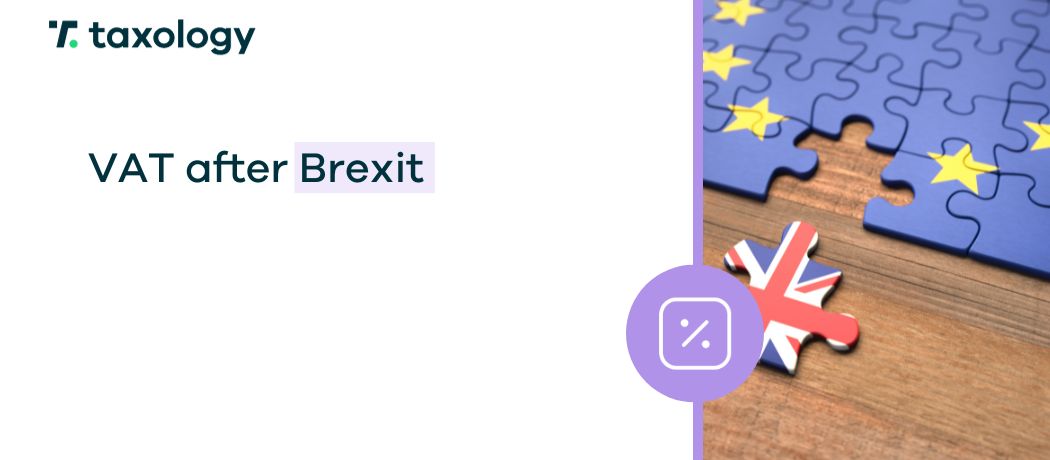BREXIT has raised many doubts about the settlement of VAT for sales to UK counterparts. Depending on the value of the transaction, the channel of sale, and the status of […]
Read in: 6 minRules for distance selling to the UK
- Last update: 27.03.2024
- Published: 01.07.2022
- Read in: 4 min
Post Brexit, businesses appear less keen to undertake mail order sales from Poland to UK customers. This is due to the uncertainty related to the new legal formalities.
So what exactly has changed?
From the 1st of January 2021, the shipment of goods to the UK is treated as an export of goods – due to the fact that the UK is no longer part of the European Union.
Subsequently, it is no longer possible to settle sales to the UK using the VAT OSS procedure.
Additionally, new obligations have been established for entrepreneurs, such as:
- customs clearance and checks,
- issuing and holding new documents and certificates (e.g. concerning the origin of products),
- registration in the GVMS and GB Safety & Security,
- having a separate EORI number.
How do I pay VAT on the shipment of goods to the UK?
The export of goods (including to the UK) is taxed in Poland at a 0% VAT rate. However, it is necessary to meet additional formal conditions – you are required to have confirmation that the goods have been cleared for export ( the IE 599 form is a standard document). If no relevant documentation is provided, the sale of goods should be taxed in Poland at the VAT rate applicable to the given type of goods.
Irrespective of the way VAT is taxed in Poland, in certain situations the seller may be obliged to pay VAT in the UK. Please note that settling VAT in Poland does not release you from the obligation to pay tax in the UK!
Ultimately, the method of VAT settlement in the UK depends on a number of factors, including the transaction value, selling goods using a marketplace platform or the purchaser’s status (private individual/UK VAT taxpayer).
Sales below the £135 limit
First of all, the transaction limit is defined as the total value of the shipped goods – not as individual goods. The limit also excludes shipping costs, taxes and other charges – unless they are included in the price of the goods.
In the event that the value of the goods being sold exceeds the £135 limit, the transaction will be treated as an import of goods in the UK and will be subject to standard customs clearance. In practice, this means:
- if the seller’s invoice does not include UK VAT,
- it is the importer of the goods who is obliged to pay the VAT to UK customs (generally through the customs agency clearing the import).
However, both the seller and the customer can be the importer of goods – depending on the pre-defined terms of the transaction.
Most of the time, it is the sellers who opt to act as the importer of goods in the UK, largely due to the customers’ frequent returns of goods because they are unaware of their obligation to settle import VAT. In this case, the seller declares the sale to the customer as if it were being sold from within the UK – at the local VAT rate. The seller must also be registered for VAT in the UK and have a UK EORI number.
Sales below the £135 limit
If the value of the goods does not exceed the £135 limit it must be established whether the purchaser is:
- A private individual
- A UK based VAT taxpayer (company)
In case the purchaser is a UK VAT payer – the VAT settlement on this sale is as per the point above – for transactions exceeding the £135 limit.
If the purchaser is a private individual, the seller is, in principle, required to:
- register for VAT in the UK and
- settle the VAT tax return locally.
A notable exception to the obligation of settling VAT in the UK is sales made via sales platforms – the Online Marketplace (OMP). This is because UK regulations require sales platforms to account for VAT on the sellers’ behalf. However, keep in mind that for shipments made from outside the UK, sales platforms are involved in the collection of VAT only if the following conditions are met:
- The total value of the goods does not exceed the limit of £135
- The buyer is a private individual
In other cases, the sale should be accounted for as part of the import clearance.
Warehousing goods in the UK
When using OMPs, businesses tend to opt for a fulfilment model (e.g. Amazon FBA) where the platform takes care of warehousing, customer service and parcel dispatch.
It is worth remembering that warehousing goods in the UK requires registering for VAT at a local office. Amongst other things, the tax returns must disclose the following: the amount received from the sales (via OMP) of products warehoused in the UK.
Shipping the goods to the UK warehouse itself, however, is not subject to VAT (in Poland) This is possible because it is not treated as an export, but rather as a transfer of its goods from one warehouse to another. In turn, it involves the obligation to carry out an import clearance.
Deferred VAT payments
Remarkably, the UK government has introduced a privilege for businesses registered in the UK. They are no longer required to pay VAT on imports immediately, or shortly after the transaction. As an alternative, they may declare the amount on their tax return, enabling them to make the payment later on.
EORI number
It is mandatory for any business planning to start online and distance selling to the UK to obtain an EORI number. It is used to identify the company in the customs declaration system and is obligatory whenever goods are exported from the European Union (and imported from third countries). No export clearance will be possible without an EORI number – and consequently the right to apply the 0% VAT rate in Poland may be questioned.
The EORI number, obtained in Poland (or another EU country), can be used for customs clearance in any of the member states. In the UK, however, it cannot be used for these purposes. As a result, a separate UK EORI number will be required for customs clearance in the UK.
Are you planning to start distance selling to the UK?
If you are planning to start online and distance selling to the UK and looking for someone to handle all your tax paperwork, then you are in the right place. Please reach out us.
On a daily basis, we work with clients cross-selling to many European countries, including the UK. Thanks to this, we are well acquainted with the current rules and stay updated on their changes. Amongst other things, we will help you with: VAT registration, preparation of UK VAT returns, or arranging the accounting and tax processes.




